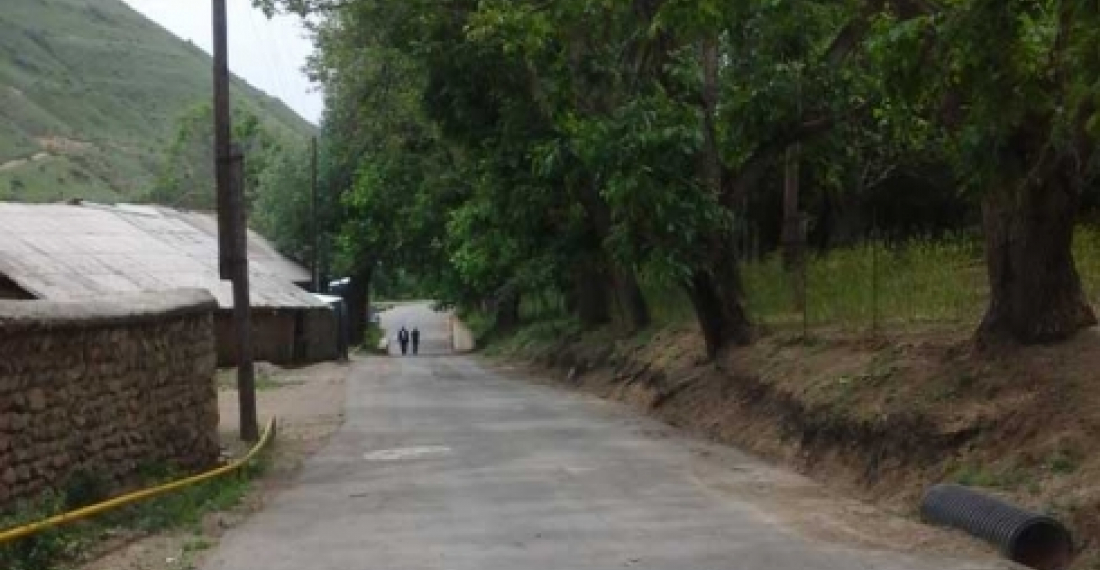The Ministries of Defence of Armenia and Azerbaijan are often known for issuing diametrically contradictory statements on events that happen on the line of contact separating their two forces in the Karabakh conflict zone. Over the last two days however both sides moved swiftly to deny reports that had been disseminated by some media sources in Azerbaijan that there had been an Armenian attack on Nakhcivan. The reports suggested that the Armenian Air Force was involved, and even suggested that one village, Leketagh had been evacuated after Armenian forces had occupied the heights around the village.
Information from Nakhcivan, which is an autonomous republic of Azerbaijan but which is separated from the rest of the Azerbaijani territory by Armenia, is difficult to get under normal circumstances. The rumours could therefore not be immediately verified by the mainstream media, or other independent sources, and as a result they spread over the last days. There had been incidents involving Armenian and Azerbaijani forces for some days, and both sides suffered casualties. But the advent of a deep incursion with air support, if it had really happened, would have constituted a grave escalation of the current low intensity conflict and cease fire violations.
Both the Ministry of Defence of Armenia, as well as of Azerbaijan, have now denied that any serious incident has taken place, and descibe the original reports as provocation. Mainstream Azerbaijani media have published pictures of a peaceful village of Leketagh and say that residents have denied that they had been under attack at all. The Azerbaijani news agency APA reports that a journalist from a local Nakhcvan newspaper, Elnur Kalbizadeh visited the region and found it to be peaceful. It also published pictures of the village.
Commonspace.eu political editor commented on developments:
"This incident was either a very bad piece of journalism or an outright provocation aimed at instigating more serious consequences. In both cases it raises the danger of the current volatile situation on the line of contact separating Armenian and Azerbaijani forces. The daily violations of the cease fire are a source of concern to the international community that has been calling on both sides to accept a more rigorous supervision of the cease fire and to adopt confidence building measures that can reduce and if possible eliminate the daily incidents and regular loss of life on the front line. There has been an ambivalent response to these calls. The danger of small incidents escalating, either through misperception, or even because they are on purpose distoprted by either of the sides, or even a third party, constitutes the most likely risk that can re-ignite the Karabakh conflict into an outright war. The rumours of the last days are a good example of how rumour or false stories can spread like wild-fire. On this occasion at least it was heartening to see that the Ministries of Defence of both countries moved swiftly to deny the rumours."
source: commonspace.eu
photo: The village of Leketagh on 11 June 2014 (picture taken by Elnur Kalbizadeh reporduced by APA)







